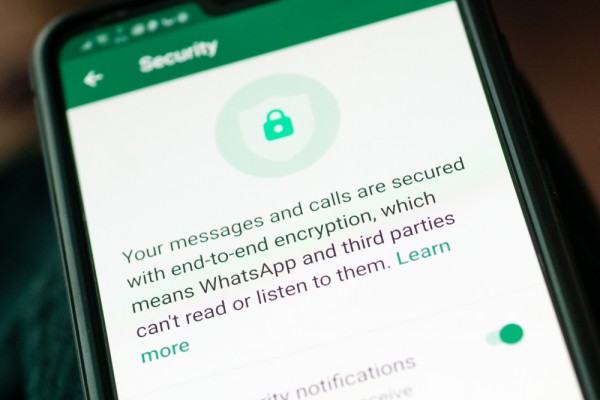UK government backs down over private messaging scanning
06/09/2023 | The Guardian
In a statement to the House of Lords on Wednesday, 6 September, junior arts and heritage minister Lord Stephen Parkinson confirmed that the UK government would delay the use of controversial powers contained within the Online Safety Bill to scan messaging apps for harmful content until it is "technically feasible" to do so.
The government hopes that announcing the delay will bring an end to the stand-off with technology companies, including WhatsApp, Signal, Meta and Apple, that threatened to pull their services from the UK over concerns about privacy and security. The government stated that its regulator, Ofcom, will only require companies to scan their networks once a technology has been developed that is capable of doing so. Parkinson said, “A notice can only be issued where technically feasible and where technology has been accredited as meeting minimum standards of accuracy in detecting only child sexual abuse and exploitation content.”
The move has been praised by security experts who believe that it could take years before any such technology is developed.
In a statement responding to the news, James Baker, Campaigns Manager for the Open Rights Group, said: "ORG welcomes news that the government is rowing back on its plans to scan private messages for harmful content. As ORG along with other privacy activists, tech companies, security experts have warned from the start, it is not possible to scan messages that use end-to-end encryption without undermining all users’ privacy and security. We are glad that at the eleventh hour, it would appear that the government has conceded this... While this is welcome news, these powers do remain on the statute books and a future government may attempt state-mandated surveillance of our private messages. It would be better if these powers had been completely removed from the Bill."
Meanwhile, in a post on X, Signal President Meredith Whittaker described the move as “a victory, not a defeat” for the tech companies. “Of course, this isn’t a total victory,” she wrote on X, formerly known as Twitter. “We would have loved to see this in the text of the law itself. But this is nonetheless huge, and insofar as the guidance for implementation will have the force to shape Ofcom’s implementation framework, this is, again, very big and very good.”
The government's climbdown follows a meeting on Monday hosted in Parliament by the Open Rights Group and attended by Amnesty International, Stonewall, Liberty, Big Brother Watch, EFF, Article 19, Citizen Lab and the not-for-profit Signal Foundation. During the meeting, members of the group expressed their concern over the threat that the UK's proposals pose to human rights defenders, journalists, and LGBTQ people around the world.
In a separate meeting, big tech representatives met with the government to express their concerns about the problems the policy would create. ORG speculates the government was told bluntly that the technology simply doesn't exist and can't be made to work. If forced to break encryption, these companies would instead withdraw services from the UK market.

What is this page?
You are reading a summary article on the Privacy Newsfeed, a free resource for DPOs and other professionals with privacy or data protection responsibilities helping them stay informed of industry news all in one place. The information here is a brief snippet relating to a single piece of original content or several articles about a common topic or thread. The main contributor is listed in the top left-hand corner, just beneath the article title.
The Privacy Newsfeed monitors over 300 global publications, of which more than 6,250 summary articles have been posted to the online archive dating back to the beginning of 2020. A weekly roundup is available by email every Friday.

